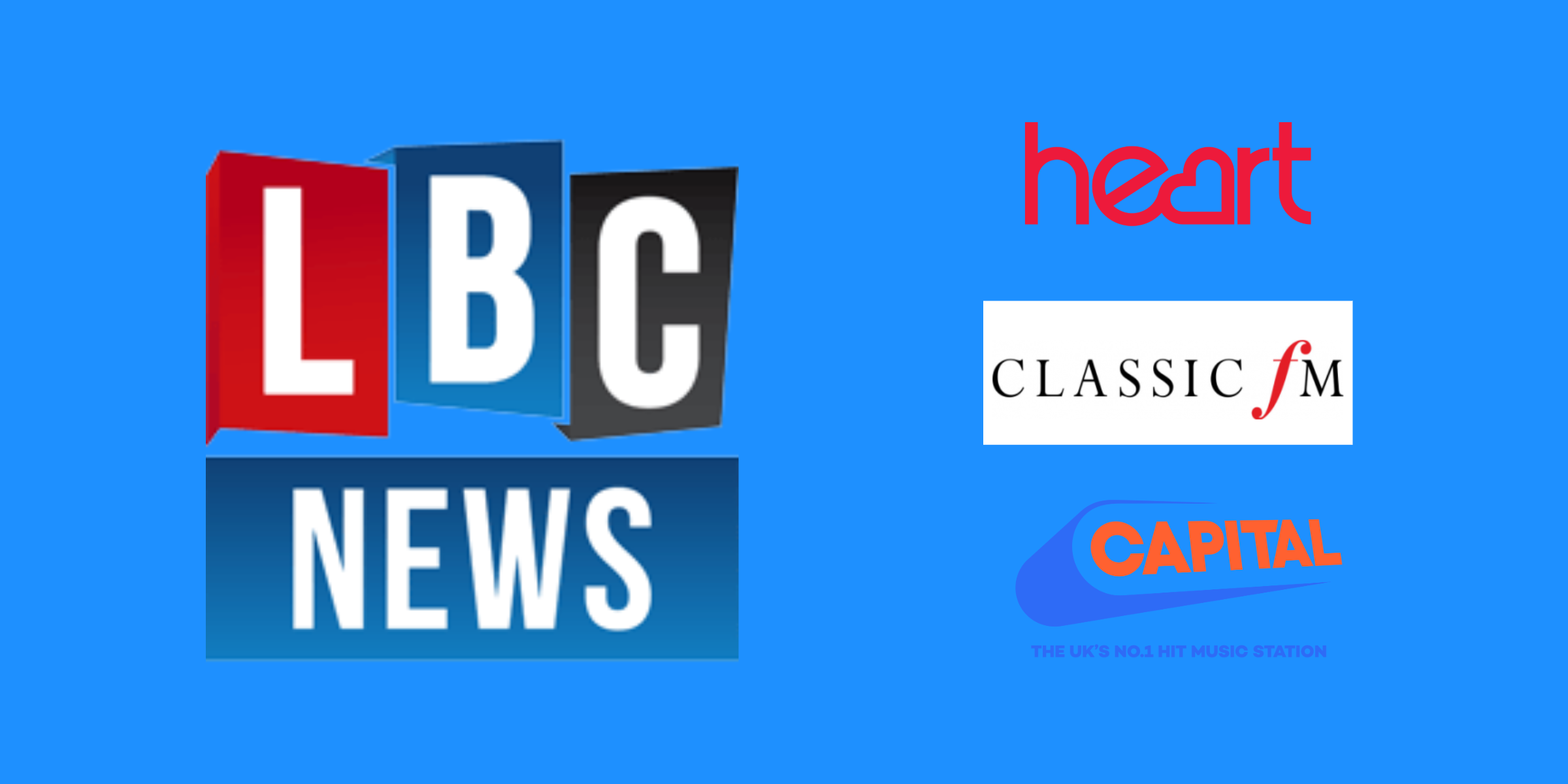BBC Breakfast is the most-watched morning show on British Television, with 6 million viewers tuning in every morning. It’s a key target for any broadcast PR campaign. The programme won the Television Society Journalism Award for breaking the Marcus Rashford school meals story and touched the nation’s hearts by telling the story of Sir Tom Moore .
BBC Breakfast Editor Richard Frediani has been steering the programme for nearly two years. But when it comes to television media relations, what kind of stories does he look for?
What Makes BBC Breakfast so Different for TV Media Relations?
Apart from the vast audience, BBC Breakfast is unique because they broadcast between 3 to 4 hours of content per day. One whole week of the show equates to 1 full day of the output of BBC 1. This means many stories are needed. That said, not just any stories will find their way to air. BBC Breakfast is all about setting up the day’s news agenda and is an entirely different proposition, to say, News at 10, where audiences will have already been immersed in the day’s events.
BBC Breakfast isn’t a rolling news programme, either. Sure, it delivers the news, but it also mixes in weather, sport and business, offering up engaging discussions and debate. Richard says it’s important to note that viewers have different priorities in the morning, such as different wake-up times, getting children ready for school and commuting. With so many distractions and varying routines, they are likely to dip in and out of the programme as they see fit. The audience at 6:30 AM therefore is unlikely to be the same at 8:30 AM.
What Does This Mean for Broadcast PR?
The sheer nature of BBC Breakfast’s broad audience means they cover a wide range of stories. This is great news for television PR since a variety of topics and angles will be considered. The show is segmented, and with peak audience figures at ten past eight, this is considered one of the most important parts of the show. Any story covered in this slot is likely to be the most significant one of the day. Not only that, it will resonate with the audience in a big way.
Perhaps more likely for a PR generated story is the ten to eight one. This tends to be reserved for a lighter feature, something a little bit more human, especially if the lead story for the day is very serious. There’s also the eight thirty opening, which lends itself well to stories that can offer opposing points of view. Stories that can spark a lively discussion between presenters and viewers are also popular. By considering these times, media relations teams can tailor their pitches more effectively with the stories BBC Breakfast is looking for.
What Broadcast PR Stories Make It onto BBC Breakfast?
It’s the golden question, what broadcast PR stories will catch the eye of producers behind the most-watched breakfast TV show in the UK? Richard says he has one objective every day, and that is stopping viewers from doing what they would typically do. Before sending that press release, ask yourself, will this story force someone to put down their hairdryer and turn the TV volume up? Will it make people skip breakfast because they were so engrossed in what they were watching? Or, even better, will they be late for work because they just couldn’t switch the TV off? If the answer is no, Richard says, it might be time to re-think your angle. BBC Breakfast is looking for quality broadcast PR stories that stand out rather than simple sales messages.
They also look for access and exclusivity. If you can offer something engaging that you haven’t promised to another channel, you’re more likely to be considered. Examples Richard gave include offering a theme park for a live broadcast to help tell a story about roller coasters or exclusive access to the first plane out of the UK to tell the story of the re-opening airline industry. The bottom line is, BBC Breakfast doesn’t want adverts; they’re looking for unique content that stops audiences in their tracks.
How Can We Help with Your Broadcast PR?
Shout! Communications is a team of broadcast PR professionals. Between us we have decades worth of experience, creating and placing content on national radio and TV. As well as being broadcast PR experts, we think like the broadcast producers we used to be. We know what works, what broadcasters want and more importantly, what they don’t want. To learn more about how we can help you with radio and TV media relations, contact us today.



